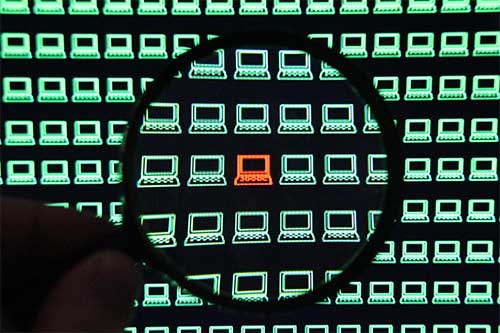At this point, the benefits of remote work are well established—continuity and redundancy, lower real estate costs, access to broad talent pools and all the factors that have made work from home (WFH) and work from anywhere (WFA) permanent fixtures of our society going forward. Remote work models also mean permanent risk complexity for businesses when it comes to cyberthreats.
Major risk vectors include:
- Cloud security
- Endpoint device connections
- Mobile security cyberthreats in hardware, cloud apps, social sites, websites, software apps, email and SMS messages
- Multifactor authentication
- Passwords
- Public or otherwise unsecured Wi-Fi
- Removeable media
- Social engineering
- Third-party charging devices
- And more. New threats emerge constantly.
The layered, cyber resilience approach to security and business continuity can tackle all these areas for your clients. Here are the three biggest areas to focus on.
Endpoint Protection
Endpoint protection (EPP) is one of the most valuable tools at your disposal when protecting your clients' digital systems and data. The term "endpoints" encompasses all the devices used to connect with your clients' systems and data—computers, smartphones, tablets, etc. Given the omnipresence of cyberthreats like hacking, viruses and malware, your clients need cutting-edge protection to keep all of those endpoints safe. Effective EPP can block access to dangerous systems and websites as well as scan for vulnerabilities to detect potential threats before they can cause any harm.
Endpoint Backup
But since the whole thrust of cyber resilience is to assume an attack is successful, endpoint backup is every bit as important, even though it's often overlooked in business backup-and-restoration game plans—especially by SMBs.
Security Awareness Training
Security awareness training (SAT) is an essential tool for protecting remote workers—and company assets—from online risks and threats. SAT has been proven to reduce the risk of cyberattacks, data breaches and other digital threats. It's also device-agnostic and is effective regardless of whether employees work on laptops or mobile devices.
Another benefit to SAT that's sometimes overlooked is that it can help to build a culture of participation and accountability. By making employees active participants in the company's security policies and empowering them to engage in its protection actively, SAT can help keep employees vigilant and engaged as they work. That extra vigilance is particularly beneficial in remote work settings, where risks are amplified.
The More Layers, the Better
We've focused here on endpoints and security awareness training because of their outsized impact on remote worker resilience. But they don't represent the entire spectrum. Email backup, SaaS backup and resilience components also can move the needle for your clients. All these factors—and plenty of others (for your MSP and your clients—strongly favor partnering with a provider partner that can deliver the full spectrum of cyber resilience services.

